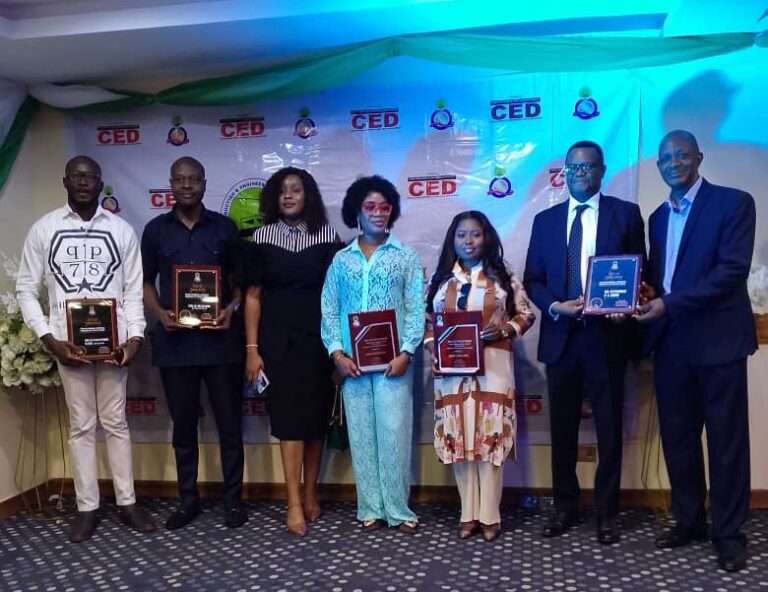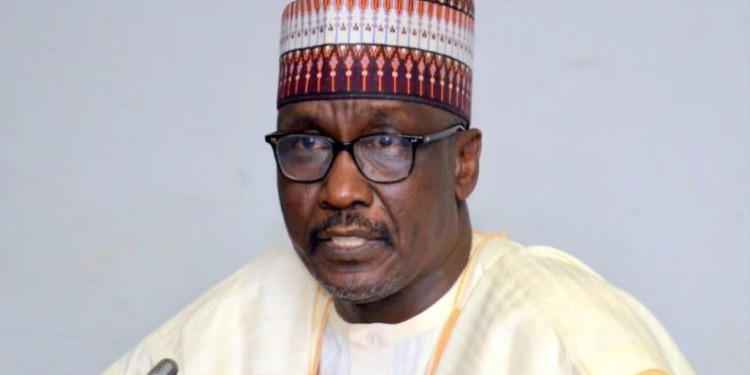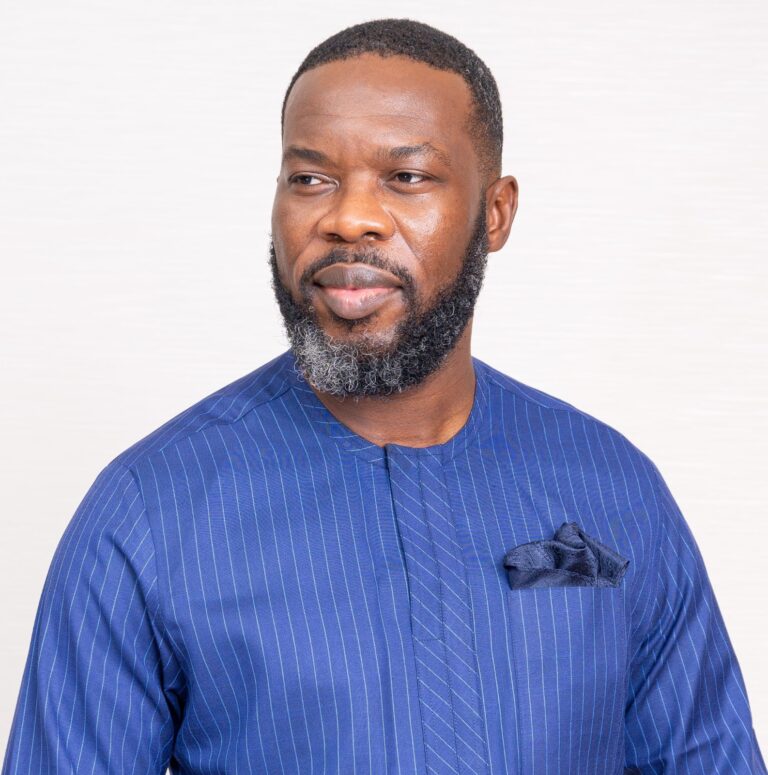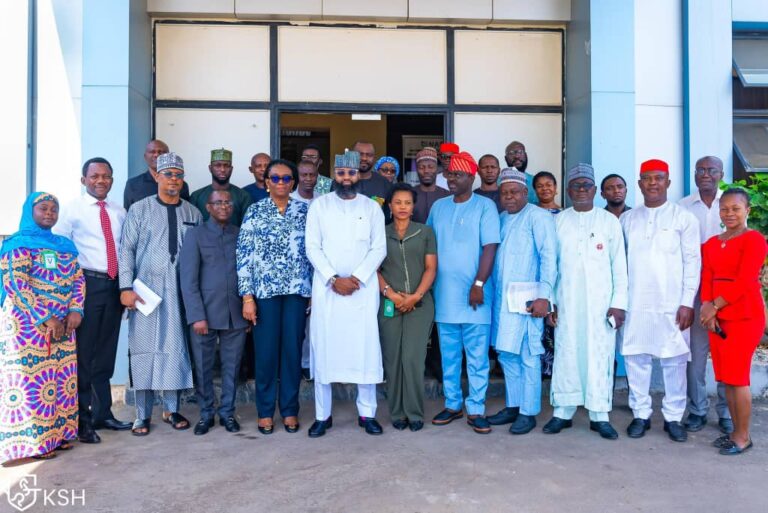
Nigeria, Africa’s most populous nation, faces a significant challenge: providing reliable and affordable energy access to its citizens.
Millions of Nigerians lack access to electricity, hindering economic growth and impacting quality of life.
However, a beacon of hope emerges in the form of renewable energy – a clean, sustainable solution with the potential to addressing energy poverty and propelling the nation towards a brighter future.
Last week’s signing of the joint venture agreement between the Nigeria Sovereign Investment Authority (NSIA) and North South Power (NSP) Company Ltd. for a pioneering 20MW solar-hydro hybrid project in Shiroro, Niger State, signifies a crucial step in this direction.�
As Vice President Kashim Shettima aptly stated, “This event marks a significant milestone and will boost the country’s energy transition journey”President Bola Ahmed Tinubu’s administration has reaffirmed its commitment to the Energy Transition Plan, a roadmap for diversifying Nigeria’s energy mix and embracing clean energy solutions. The Shiroro project, championed by the NSIA, aligns perfectly with this vision. “It is commendable as strategic partnerships like this will create opportunities for economic growth and technological advancement while simultaneously addressing the urgent need for clean and accessible energy,” said the Vice President, commending the NSIA’s leadership.In the present, energy poverty remains a stark reality for millions of Nigerians. Statistics reveal a staggering deficit, with only around 55 per cent of the population having access to electricity. This lack of access hinders economic development, restricts educational opportunities, and limits access to essential healthcare services.According to a World Bank report, as of 2021, over 85 million Nigerians lacked access to electricity; businesses and households with access to the national grid have faced unreliable and insufficient supply, a gap often filled with power from petrol and diesel-run generator sets that are costly and highly polluting to people and the environment.
This energy poverty disproportionately affects rural communities, limiting opportunities for education, healthcare, and economic advancement.In a bid to address this problem, All On, an independent, off-grid energy impact investment company, has been at the forefront of investing in off-grid energy solutions. These solutions, spanning solar, wind, hydro, biomass, and gas technologies, complement the available grid power across Nigeria. With funding from Shell, All On has intensified its efforts in funding and advocating for off-grid solutions to deliver energy access to Nigerians.Over the years, All On has not only provided financial support but also offered technical assistance to off-grid energy companies in Nigeria. The organization has funded nationwide challenges for the incubation of early-stage grid energy companies through partnerships with other industry players. For instance, in April 2019, All On collaborated with Rubitec Solar to train up to 120 professionals in the Niger Delta region, equipping them with the skills needed to deploy and manage solar installations.
In December 2023, through its Demand Aggregation for Renewable Technologies (DART) programme, All On announced a commitment of $11 million to support 25 mini-grid projects in Nigeria. One notable success story is the Green Village Electricity (GVE) project, Nigeria’s largest solar mini-grid solutions provider. Founded by three Nigerian undergraduates from the Federal University of Technology Owerri (FUTO), GVE has a total installed capacity of 500kW solar mini-grids powering 5,200 households across nine rural communities in six states.GVE’s innovative approach involves selling power to communities through a network of vendors who purchase electricity in bulk and resell it to consumers. This model has not only brought about significant cost savings for rural communities but has also improved livelihoods and fostered community development.
Ramatu Idris, a small-scale entrepreneur from Bisanti, Niger State, shared her experience and said, “Since subscribing to the GVE solar plant in 2015, my monthly energy spend has reduced by 70 per cent, and my revenues have increased by over 150 per cent due to the influx of customers.”Also, Abdullahi Hassan, a youth leader and GVE community liaison from Bisanti, Niger State, in an interview highlighted the impact of electricity on his family life saying “Having electricity has brought my family closer… My family and I now spend quality time together in the evenings. My children are also able to study because there is light.” These testimonials underscore the transformative power of off-grid energy solutions in improving lives and fostering economic growth in underserved communities across Nigeria. To scale up the use and adoption of renewables across Nigeria and end the energy poverty regime, experts believe that policy frameworks need to incentivize investment and streamline project approval processes.
President of the Renewable Energy Association of Nigeria (REAN), Ayo Ademilua, speaking at a recent Renewable Energy Investment Matchmaking event in Lagos emphasised the crucial role of policy, “We need a stable and predictable policy environment that encourages investment in renewable energy projects. “Financing mechanisms are also critical. Public-private partnerships and innovative financing models can unlock the necessary capital for large-scale renewable energy projects.
According to the REAN President, “Renewable energy sources like solar and hydro are readily available in Nigeria. These solutions have the potential to provide clean, reliable, and affordable electricity to underserved communities, empowering them and contributing to sustainable development.
”In the meantime, Nigeria has set an ambitious target: achieving 40 per cent renewable energy integration by 2030. To reach this goal, a multi-pronged approach is needed.
Scaling up renewable energy projects requires strategic planning and investment in infrastructure development. Public-private partnerships and international cooperation can play a vital role in accelerating this process. Building a sustainable energy future demands collaborative action. Policymakers must create an enabling environment by streamlining regulations and offering incentives for renewable energy adoption.
Ademilua reiterates the importance of stakeholder engagement, “We need to work together – government, private sector, and civil society – to create an enabling environment for renewable energy to thrive in Nigeria. “Investing in capacity building and education empowers local communities to participate in and benefit from renewable energy projects.
Undoubtedly, Nigeria stands at a crossroads. The model off-grid projects already in place exemplify the nation’s and industry’s commitment to renewable energy, but much remains to be done. All stakeholders, from policymakers and private investors to civil society organisations and local communities, must collaborate to ensure a sustainable energy future for Nigeria. By embracing renewable energy solutions, Nigeria can not only address energy poverty but also create jobs, stimulate economic growth, and protect the environment for generations to come.
This is a call to action for a collective effort to illuminate the path towards a brighter, more sustainable future for Nigeria.�
SOURCE: LEADERSHIP





